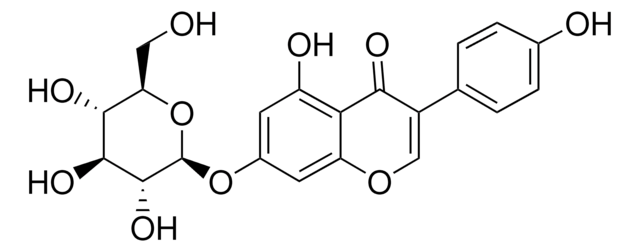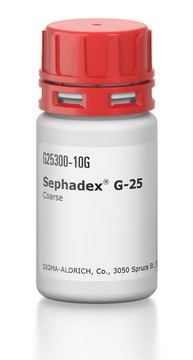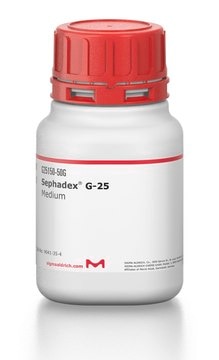General description
Carcinoembryonic antigen-related cell adhesion molecule 5 (UniProt: P06731; also known as Carcinoembryonic antigen, CEA, Meconium antigen 100, CD66e) is encoded by the CEACAM5 (also known as CEA) gene (Gene ID: 1048) in human. CEA is a cell surface heavily glycosylated homodimeric glycoprotein that plays a role in cell adhesion and in intracellular signaling. CEA molecules can either be transmembrane or GPI-linked and are differentially expressed between species. CEA is restricted to the apical face of intestinal epithelial cells in the adult, but it has more diffuse distribution during embryonic development and in tumors. It functions as a calcium independent adhesion molecule through homophilic and heterophilic interactions with CEACAM-1. CEA participates in diverse physiological processes, including cell adhesion, differentiation, proliferation, and survival, as well as in carcinogenesis and bacterial pathogenesis. CEA molecules from neighboring cells can interact via their respective extracellular N-terminal IgV-like domain and mediate cell-cell adhesion through trans-oligomerization. CEA is synthesized with a signal peptide (aa 1-34) and a propeptide region (aa 686-702) that are cleaved to produce the mature form. It has seven Ig-like domains. Two isoforms of CEA have been reported that are produced by alternative splicing. Clone M5A is a humanized monoclonal antibody that displays high specificity and sub-nanomolar affinity for tumor-associated CEA. (Ref. Yazaki, PJ et al., (2004). Protein Eng. Des Sel. 17(5);481-489.
Specificity
Clone M5A is a humanized monoclonal antibody that detects human Carcinoembryonic antigen-related cell adhesion molecule 5 (CEA). Note: please use anti-human secondary antibody for detedtion.
Immunogen
Full length purified human Carcinoembryonic antigen-related cell adhesion molecule 5 (CEA).
Application
Anti-CEACAM5 (CD66e), clone M5A, Cat. No. MABC1123, is a humanized monoclonal antibody that detects Carcinoembryonic antigen-related cell adhesion molecule 5 and has been tested for use in Flow Cytometry, Immunohistochemistry, and Radioimmunoassay.
Immunohistochemistry Analysis: A representative lot detected CEACAM5 (CD66e) in Immunohistochemistry applications (Nittka, S., et. al. (2014). PLoS One. 9(9):e106921).
Radioimmunoassay Analysis: A representative lot detected CEACAM5 (CD66e) in Radioimmunoassay applications (Nittka, S., et. al. (2014). PLoS One. 9(9):e106921; Yazaki, P.J., et. al. (2004). Protein Eng Des Sel. 17(5):481-9; Yazaki, P.J., et. al. (2013). Protein Eng Des Sel. 26(3):187-93).
Research Category
Apoptosis & Cancer
Quality
Evaluated by Flow Cytometry in HT29 cells.
Flow Cytometry Analysis: 1 µg of this antibody detected CEACAM5 (CD66e) in one million HT29 cells.
Target description
76.80 kDa calculated.
Physical form
Format: Purified
Protein A purified
Purified humanized monoclonal antibody in PBS with 0.05% sodium azide. This humanized antibody was produced by transfecting the cDNA into murine myeloma NSO host cells for stable expression.
Storage and Stability
Stable for 1 year at 2-8°C from date of receipt.
Other Notes
Concentration: Please refer to lot specific datasheet.
Disclaimer
Unless otherwise stated in our catalog or other company documentation accompanying the product(s), our products are intended for research use only and are not to be used for any other purpose, which includes but is not limited to, unauthorized commercial uses, in vitro diagnostic uses, ex vivo or in vivo therapeutic uses or any type of consumption or application to humans or animals.






